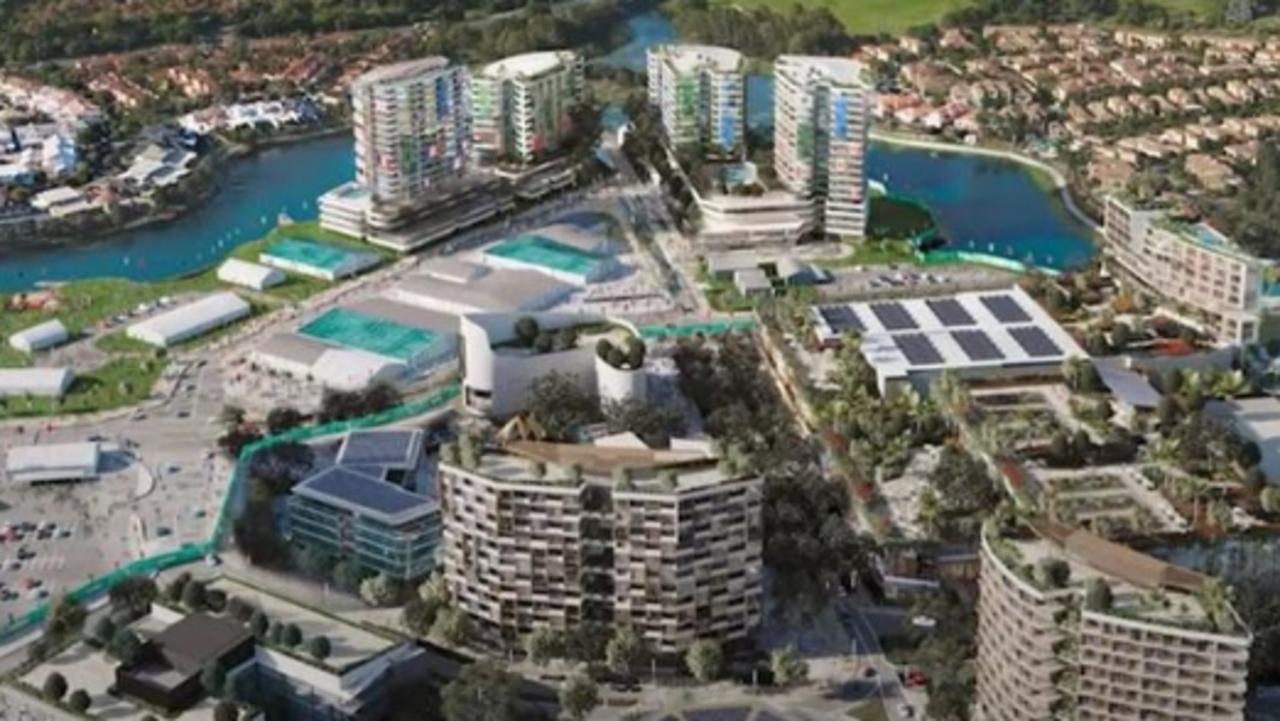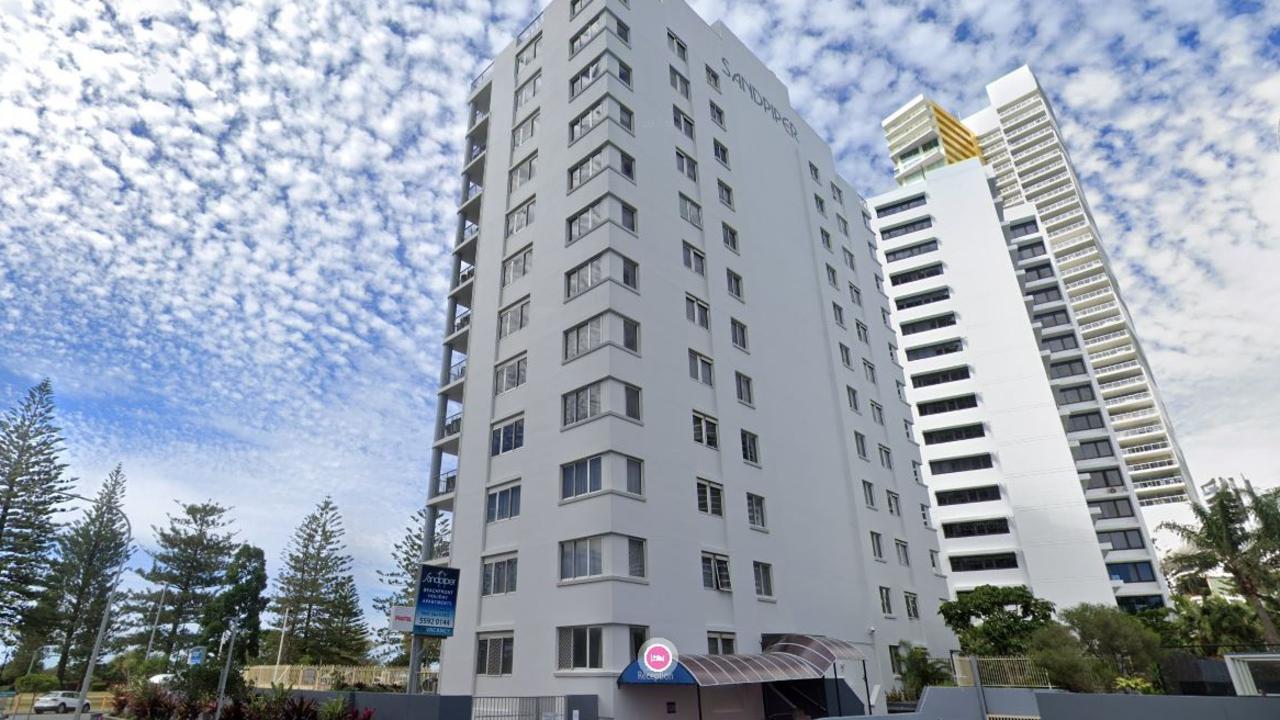Rental properties: 1970s commune solution to rental crisis
Australia’s rental crisis had forced desperate tenants to search for radical solutions.
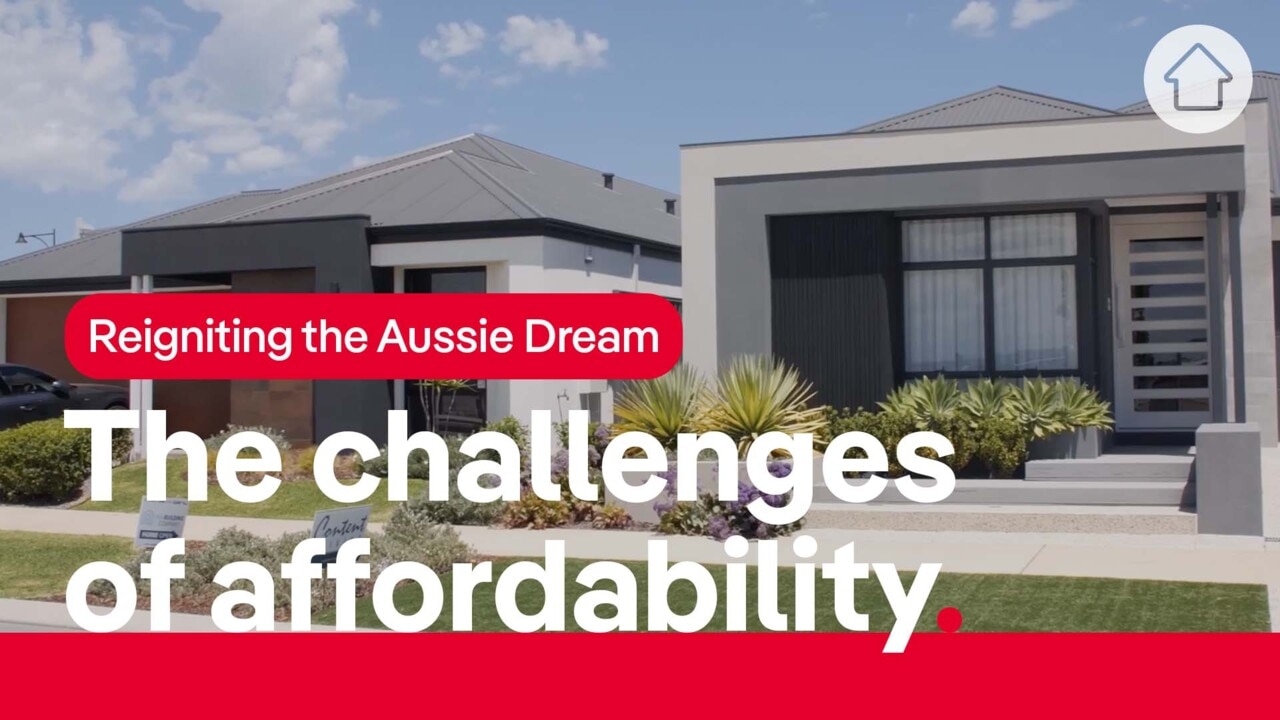
Property
Don't miss out on the headlines from Property. Followed categories will be added to My News.
They’ve been dubbed the most ‘mobile’ generation yet, with members of Generation Z predicted to have an average of 18 jobs, six established careers and move house an average of 16 times over the course of their lives.
“We know from our research that property ownership is still a big goal for Generation Z,” says Ashley Fell, director of advisory at social research organisation McCrindle.
“But we also know that they’re likely to be renters for much longer than previous generations, which is why they’re more likely to want to put down roots in those places, and find rentals that meet their lifestyle needs.”
Enter: The Switch, a new kind of co-living solution providing communal options for younger renters.
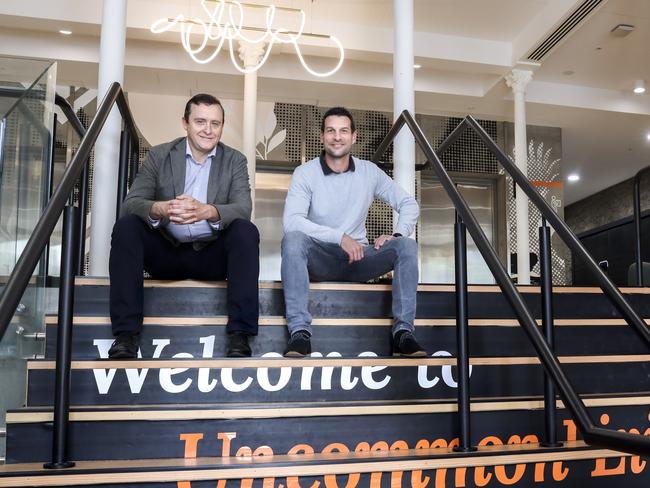
Part modern ’70s commune, part Gen Z networking hub and with a heavy focus on students, The Switch has four locations across Australia that provide flexible, youth-friendly housing designed with twenty-somethings in mind.
Co-founder David Cameron says it was during a board meeting at a former workplace that he realised there was a need for housing to evolve to suit the growing needs of the next generation.
“There were all these middle-aged men sitting around a table talking about ‘customer’ or ‘brand’ and what that meant to them. And at that point, I remember thinking: ‘gee whiz, we couldn’t be further away from who our customer really is’.”
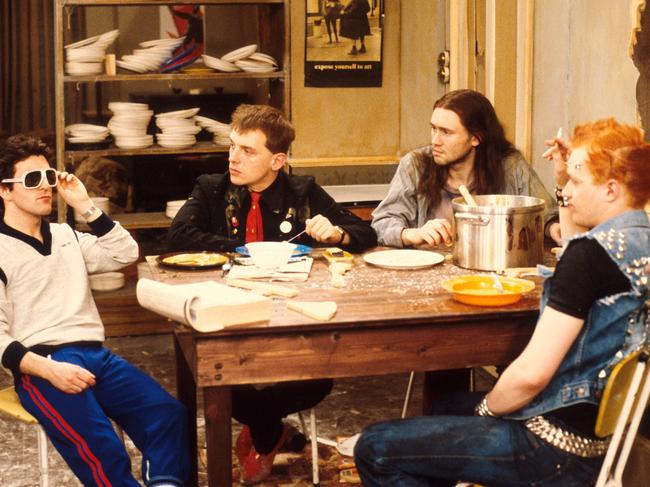
HI-TECH LIVING
Soon after, he met business partner Craig Oliver and the pair set about researching exactly what a Gen Z-focused co-living space might look like. The result is something they say we’ve never seen in Australia before.
With purpose-built developments in Perth, Adelaide, Sydney and Melbourne, the apartment blocks feature flexible options for flat-sharing. Tenants can opt for private apartments, or directly rent a room in a larger apartment with built-in flatmates.
All-inclusive features like fast, free Wi-Fi, podcasting spaces, cinema rooms, mobile phone-activated keys, tech-enabled bedheads (no more plugging your phone in across the room!) and electronic parcel lockers that ping an alert when you’ve got mail also speak to the tech needs of the demographic – something Ashley says is a consistent priority for Gen Z.
“In terms of technology, anything that just makes life easier and more streamlined is important for this group of young people,” she explains.
“I’d be incredibly shocked if a home for Gen Z didn’t have all the latest technology and up-to-date connectivity and appliances.” But technology aside, the project aims to foster connection on a human level as well.
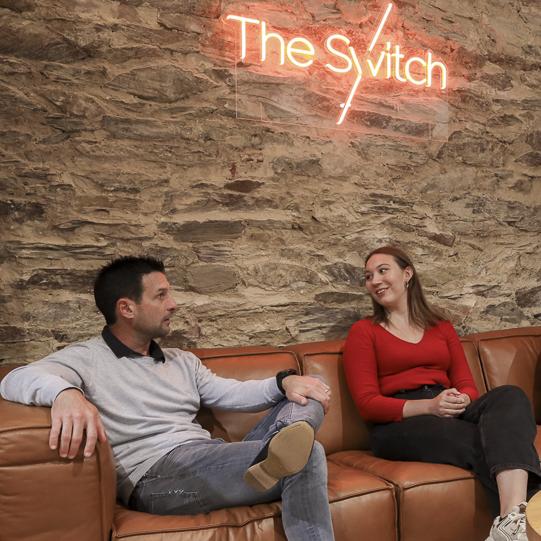
Swedish student Maddie Van Wellbergström didn’t know many people when she moved to Adelaide to complete her Master’s degree, but after moving into Switch accommodation this year, she feels as though she has an instant community.
“I met people right away, which was nice,” says the 24-year-old, who moved into a fully furnished room in an apartment she shares with three other women. “Right now a few of us are studying up on the communal rooftop,” she explains, “There’s a cinema room as well with a beautiful terrace and I’d say most Saturday nights we have friends over and all gather to have a drink upstairs.”
SENSE OF COMMUNITY
According to McCrindle research, that need for community is vital in the younger generation. “It’s really reflected to us in a lot of studies we’ve done, even prior to pandemic, around this generation who are really tech savvy, who are used to engaging with online communities, but are still craving the in-person connections and they’re actually not getting that from the places that previous generations did,” says Ashley.
“It’s really the very young and the very old who require that additional social connection, and for Gen Z, we’re hearing more and more that they’d like to cultivate deeper ties to community.” That’s why, says Craig, there’s a big focus on facilitating deeper connections between residents, with guest speakers, hosted seminars and networking opportunities within the buildings.
“One of the biggest projects for us is the embedding of partnerships into the overall experience of the property,” he says.
“It’s about making sure that our residents can express their own views in terms of regeneration within the living experience. We’ve got a partnership with two young women in WA, who are called the Mango Project, and they repurpose mango skins into skincare products. Not only do we stock their products within the property, but they also come and present talks to the residents about starting your own business up.
“We’re tapping into the unique characteristics of Gen Z by creating spaces that will enable them to flourish in the domains they are passionate about: environmentalism, regeneration, inclusivity, innovation, and entrepreneurship.”
More Coverage
Originally published as Rental properties: 1970s commune solution to rental crisis



